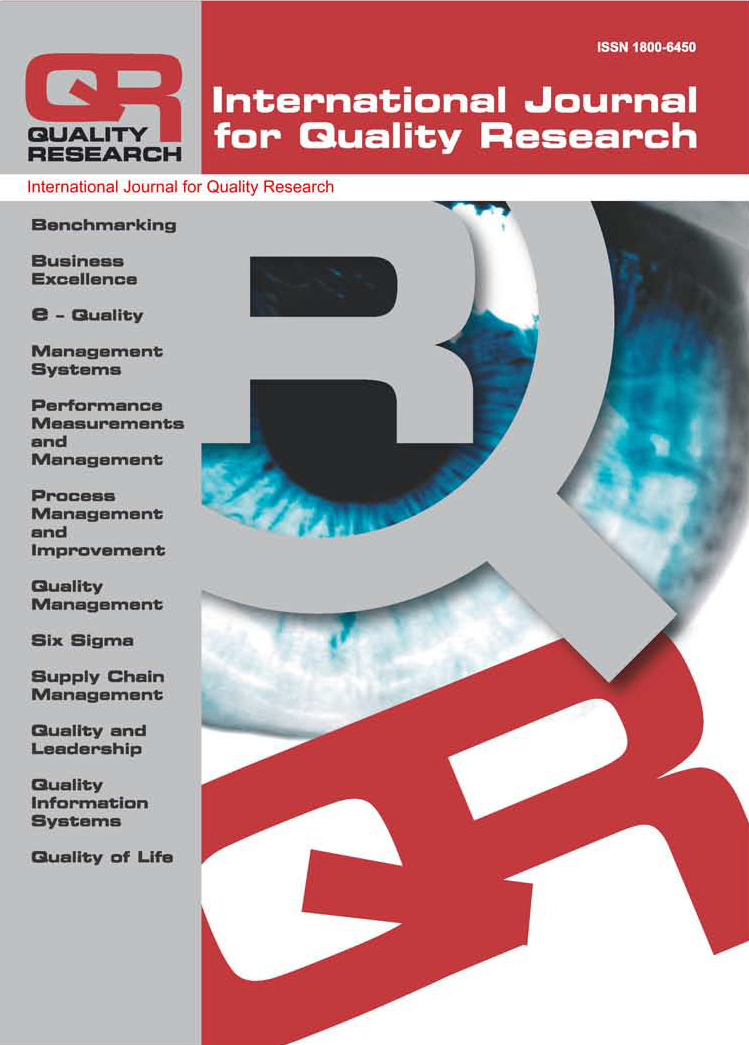THE TRANSFORMATION OF WASTED SPACE IN URBAN VERTICAL GARDENS WITH THE CONTRIBUTION OF DESIGN TO IMPROVING THE QUALITY OF LIFE
Maria João Fãlix, Gilberto Santos, Antãnio Barroso, Paulo Silva
Abstract: The main goal of this work is to propose a generic model of an urban vertical garden that can be folded and that can adapt to different types of spaces, taking advantage of the natural resources to the practice of urban agriculture. The methodology of this research obeys five main ideas, the relation between wasted space, man, living space and sustainable design in the production of biological products. The main findings are, improving the quality of life by promoting the practice of urban agriculture; the integrated management of sustainability components in a global market. This case study is pioneer in the Portuguese researches about foldable urban vertical gardens. The authors believe that it can be useful in the creation of a Portuguese guideline for the integration of controlled plant foods production. It promises environmental benefits resulting from the design and development of a product that includes new technologies and the choice of reusable materials.
Keywords: Sustainable development, Urban vertical gardens, Design, Product Development.measurement, Quality management, ISO 9001, Scientific research
DOI: 10.18421/IJQR12.04-02
Recieved: 10.08.2018 Accepted: 16.11.2018 UDC: 633/635.017
Reads: 1518 







